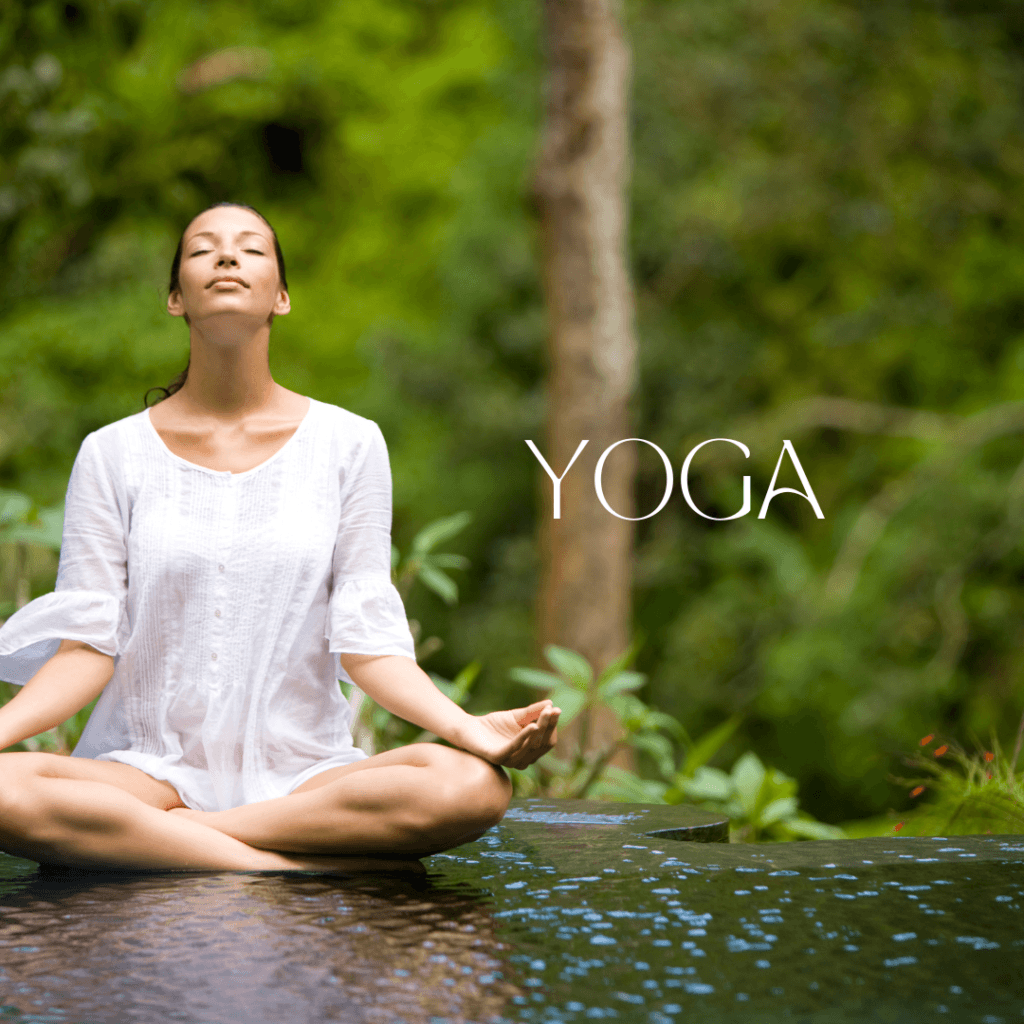Introduction:
In today’s fast-paced and demanding world, finding effective ways to manage stress and improve overall well-being is essential. Yoga, an ancient practice originating in India, has gained widespread popularity for its holistic approach to health, offering a unique combination of physical postures, breath control, and meditation. One of the many benefits attributed to regular yoga practice is the improvement of flexibility and stress reduction. In this article, we will explore how yoga can be a powerful tool in enhancing flexibility and promoting a sense of calm in the midst of life’s challenges.
Flexibility and Yoga:
Yoga is renowned for its ability to enhance flexibility, and it does so through a series of poses or “asanas.” These postures are designed to systematically stretch and strengthen different muscle groups, gradually increasing the range of motion in joints. Whether you’re a beginner or an experienced practitioner, yoga offers a spectrum of poses suitable for all levels of flexibility.
The dynamic nature of yoga postures engages various muscle groups simultaneously, fostering both strength and flexibility. Over time, consistent practice can lead to increased joint mobility and improved overall suppleness. Additionally, the focus on proper alignment in yoga helps prevent injuries and promotes a healthier, more functional body.
Stress Reduction and Yoga:
Stress is an inevitable part of modern life, but how we respond to it can greatly impact our well-being. Yoga incorporates mindfulness and breath awareness, creating a mind-body connection that can be particularly effective in reducing stress. The combination of physical movement, controlled breathing, and meditation cultivates a sense of inner calm and balance.

Breath control, or “pranayama,” is a fundamental aspect of yoga that plays a crucial role in stress reduction. Deep, rhythmic breathing activates the parasympathetic nervous system, promoting relaxation and counteracting the effects of the body’s stress response. This mindful breathing, synchronized with yoga poses, helps individuals become more attuned to their bodies and less reactive to external stressors.
Yoga also encourages present-moment awareness through meditation and mindfulness practices. By focusing on the current sensations and experiences, practitioners learn to let go of worries about the past or future, fostering a sense of peace and tranquility.
The Mind-Body Connection:
The mind-body connection is a cornerstone of yoga philosophy. By engaging in physical postures and incorporating mindful breathing, individuals can bridge the gap between the physical and mental aspects of well-being. As flexibility increases, so does the awareness of the body’s sensations, creating a heightened sense of self-awareness and connection.
Conclusion:
Incorporating yoga into your routine can be a transformative journey toward increased flexibility and reduced stress. The ancient practice offers a holistic approach that addresses physical, mental, and emotional well-being. Whether you are seeking to enhance flexibility, alleviate stress, or simply cultivate a healthier lifestyle, yoga provides a versatile and accessible means to achieve these goals. As with any new fitness or wellness regimen, it’s essential to start gradually and seek guidance from qualified instructors to ensure a safe and enjoyable practice. Embrace the power of yoga and unlock a path to greater flexibility and inner calm in your daily life.

